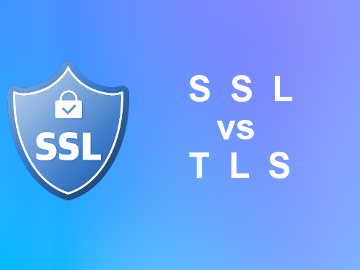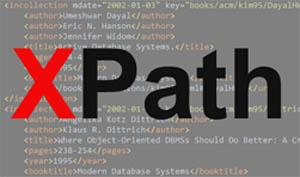
As we move the communication and various aspects of life online, ensuring the secure communication through the internet has only grown in importance. It is essential, as for example, that the financial transactions executed on the web and apps are secure and untampered. Security of the networked communication and the Internet in general ensures the confidentiality, integrity, and availability of data.
To achieve such security, security protocols for the Internet have been developed and evolved as internet becomes more pervasive and connects more people, applications, and systems. One of the security protocols is Secure Socket Layer (SSL), which is often used to refer to Transport Layer Security (TLS). The SSL/TLS protocol specifies a set of rules for establishing secure communication between two endpoints, a client and a server, over non secure network.



